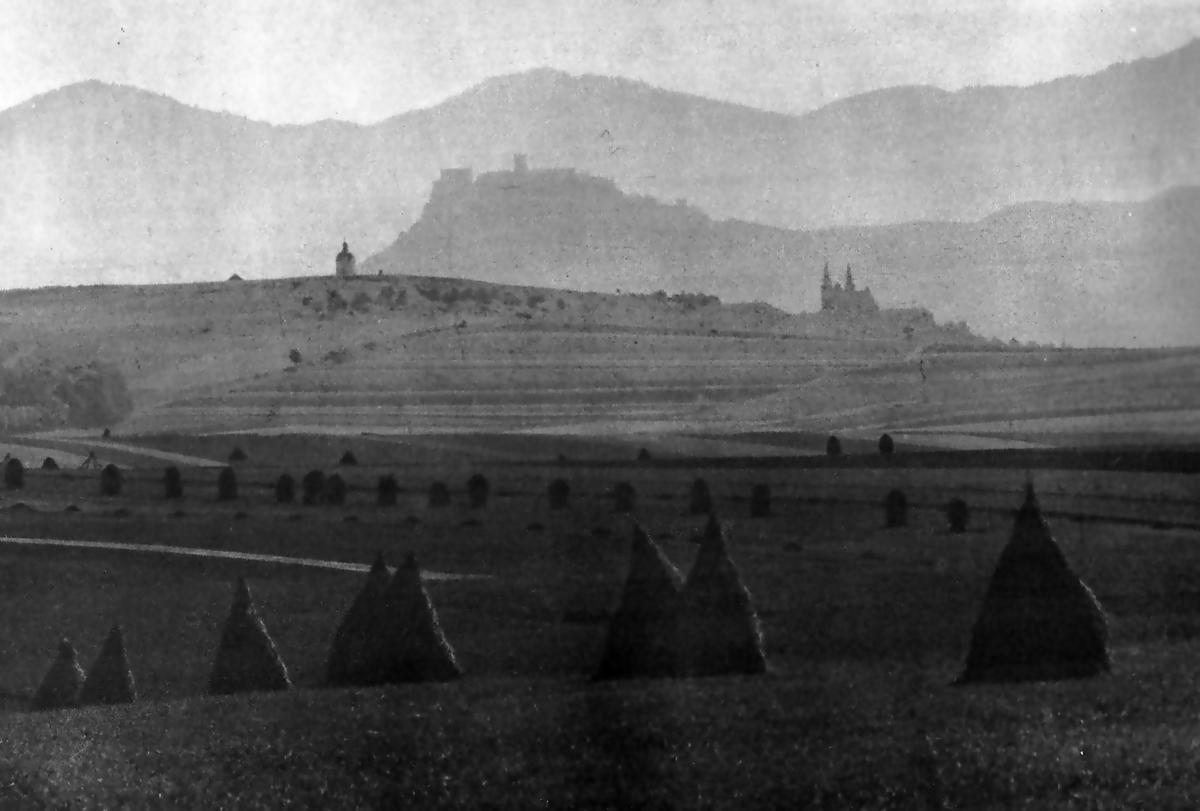“We are living in an age when one can be vague about megadeaths.”
I couldn’t think anymore about Varlam Shalamov(1907-1982) after reviewing the second volume of his documentary-like stories. I had devoted most of six months to reading and writing about Donald Rayfield’s translations of Kolyma Stories(2018) and Sketches of the Criminal World(2020), and hadn’t touched their combined 1,300 pages again until Thursday. That’s when I found Anthony Burgess’ 1980 review of John Glad’s translation of Shalamov’s stories.
I no longer have much stomach for reading accounts of evil and the resulting human suffering. When younger I could coolly read Raul Hilberg’s histories and Tadeusz Borowski’s fiction from a safe readerly distance. It’s tougher now, though I feel obligated to keep that side of human nature in focus. It won’t go away. It is us. Consider how China treats the Uyghurs. When I sent my sister-in-law a link to the first Shalamov review, she told me she couldn’t get past the Gulag prisoners killing and eating a puppy. I understand.
Shalamov spent almost eighteen years in the Gulag. His final imprisonment, from 1937 to 1951, was imposed after he referred to Nobel Laureate Ivan Bunin as “a classic Russian writer.” Don’t read his stories looking for inspirational tales of courage, perseverance and adversity overcome. He would spit on that. That he survived the Gulag, unlike 1.7 million others, may be impressive. That so physically and emotionally damaged a man could write so many stories, Chekhovian in their understated precision, is miraculous. Here is Burgess, writing while Shalamov and the Soviet Union were still alive:
“‘The poetry is in the pity,’ said Wilfred Owen, referring to his own truncated attempts to record the sufferings of the trenches. With all literary records of totalitarian enormities we have the problem of deciding how pure is our aesthetic response. The rage that is newly primed each time we read a writer like Shalamov already has its referents in the nonliterary world. We know the Soviet system to be both wicked and inefficient, but there is little we seem able to do about it; usually a piece of dissident writing merely brings back to the boil what has been, since we cannot spend all our time raging against Russia, quietly simmering.”
[See Anastasiya Osipova’s “The Forced Conversion of Varlam Shalamov.” Go here to see the plaque on the house in Moscow where Shalamov was living at the time of his arrest in 1937.]
Karol Plicka - photographer fond of Tatranka songs
The Australian’s media columnist Nick Tabakoff revealed it was all part of an elaborate sting to confuse the press.
“Remember when Schapelle Corby famously dodged the media pack using decoy cars when she returned to Australia from Bali in 2018?’’ he writes.
“I hope you can read this letter through the typing (like between the lines). It’s just my hands being rusty in every way. Remember the old New Yorker cartoon? A doctor is telling his elderly patient, ‘Mrs. Norris, think of yourself as an old rusty gate.’ I feel all right, just the same, only tired. But if life these days didn’t make me tired, I’d be crazy.”
The Madman’s Library (Simon and Schuster, 2020) by Edward Brooke-Hitching was built for browsing. It’s a sort of Ripley’s Believe It or Notfor the book-minded and documents freaks not of nature but of a bibliophilic nature. The subtitle says it all: The Strangest Books, Manuscripts and Other Literary Curiosities from History. The illustrations are wonderful, the text nearly always negligible. Here is the caption for my favorite picture in the book, spread across two pages
